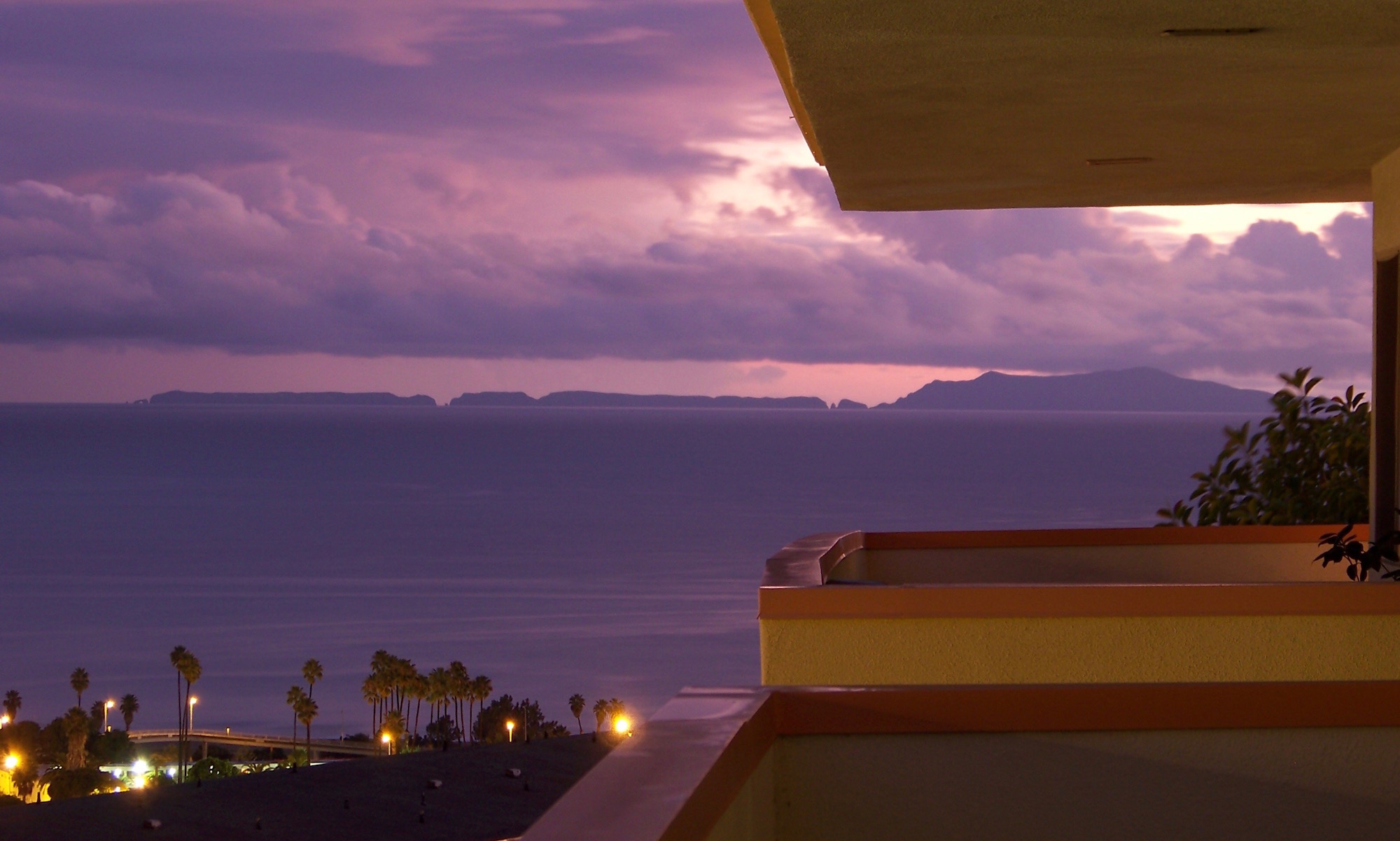BBC NEWS | Europe | Should Auschwitz be left to decay?
Never again. That has been the Holocaust survivors’ mantra for over sixty years. How do we fulfill this mantra? While the concentration camps and death camps–Auschwitz-Birkenau, Sachsenhausen, Mathausen, Buchenwald, Dachau, and the many others–stood there preserved, genocide was carried out in Rwanda, the former Yugoslavia and Darfur. This is what lends weight to Robert Jan van Pelt‘s argument that we need not preserve such terrible places like Auschwitz in order to serve humanity.
I do not agree with van Pelt, a man I consider very nearly a hero by virtue of the admirable service he has rendered against anti-semitism. Wladyslaw Bartoszewski‘s contention that the fallibility of human memory requires the presence of these physical reminders of what we are capable of perpetrating against each other is far more compelling. People forget. This truism justifies the preservation of these monuments to human evil.
Implicit in the debate, however, is the bigger question which does not get addressed. What does it mean to say “never again”? What ends will the preservation of these monuments serve? What benefits will the building and preservation of memorials serve have for a civilization that has countenanced unspeakable atrocities numerous times since the Holocaust? Absent a will to keep memories alive and the will to educate the generations who must remember these atrocities, the debate rings hollow. Rwanda, Yugoslavia, Darfur, and maybe even Chechnya and the former Congo/Zaire provide convincing evidence that monuments alone cannot help mortals muster the will to act.
These are precisely the sorts of invaluable causes that asinine political promises like “no new taxes” will never address.
[ad]
